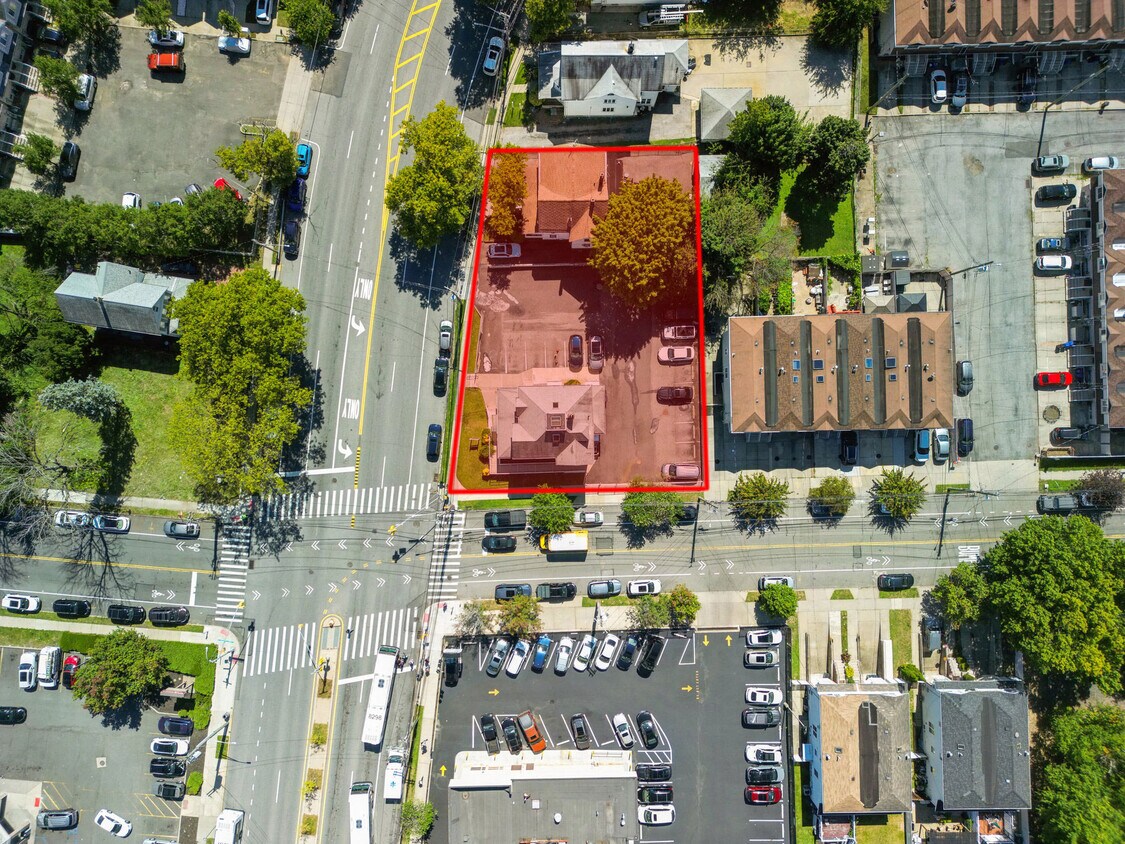The Probate Process
You will only be able to sell the property once the estate has gone through probate. Probate is a legal process in which the estate is settled according to the previous owner’s will and testament.
During the probate, it is the job of the executor to ensure all assets are maintained and safe. This would include making sure the house is adequately insured. The executor is also responsible for filing tax returns for the deceased person.
The Value of the Property
Take a look at recent sales of comparable homes in the area. This will give you a sense of the property’s value. Make sure you’re comparing like for like.
This means checking the size and condition of the house you’re comparing yours with. Use the Federal Housing Finance Agency’s HPI calculator to help.
You’ll need to find out how much, if anything, is left to pay against any mortgage or loan on the house. Besides what’s left on the mortgage, check to see if there were any other outstanding bills or taxes that would need paying.
In cases where several people inherit a portion of the property, you’ll all need to agree that selling the inherited property is the right choice. You’ll need to decide who’s going to manage the sale process.
Tax Implications of Selling Inherited Property
You may have to pay taxes on any proceeds from the sale or from the inheritance of the property itself. Laws can differ from state to state.
When you sell a property you’ve lived in for several years, you can take advantage of a tax exclusion. This means you won’t pay tax on up to $250,000 of the proceeds of a sale if you’re a single homeowner. This doubles for married couples.
If you don’t plan to live in the inherited home for at least two years, you won’t qualify for this exclusion.
The IRS requires anyone selling inherited properties to report the proceeds as taxable income. The taxable amount is based upon the fair market value and any improvements made to the property.
Tax law is not simple. It’s wise to seek the advice of an accountant or attorney. This will help you to understand the financial obligations that come with inheriting real estate.
Preparing the Property for Sale
Once you’ve decided that selling the property is the right course of action, you’ll need to prepare it for sale. That will involve clearing out personal belongings. This can be very emotionally challenging.
It’s unlikely that you will be able to keep everything. You should find a few cherished items for yourself and other family members. After that, you’ll need to decide what to give away, what to throw away, and what you might be able to sell.
Homes are more likely to sell if they are clean and empty and then staged. You may want to consider small upgrades at this point to help the house look its best.
How to Sell the Property
If you’re planning to use an agent, do your research well. It’s very important to be sure it is someone you feel you can trust. Check online reviews and use your own network to secure a recommendation.
You should also consider selling the property to a company that specializes in property investment. This can often be the most painless way to sell inherited property. You can avoid commissions, agent fees, or administrative costs.
It may also be the best course of action if there are repairs to be done that will be both expensive and hold up the sale.
Pricing the Property
How to price the property will depend on several factors. These will include whether there is an existing mortgage, remaining debts, along with the current real estate market.
The negotiation process determines the final selling price. If you are selling through an agent, choose wisely. Find one who will advise you and negotiate on your behalf.
Price the property realistically. A reasonable price can attract potential buyers. A low listing price can be a strategic move to attract several buyers who may then enter a bidding war. That could mean you end up with a higher sale price.
The price needs to be low enough to attract buyers but high enough for some room to negotiate.
You should not settle for less than the property is worth. It’s wise not to be too keen straight away to make any concessions, such as agreeing to a reduction in price due to future repairs.
It may also be better not to accept the first offer you receive. Buyers may want to test the water by making an initial offer that’s far less than they are willing to pay.
What to Expect During the Sale Process
You may have a lot of memories tied up in the home if it was your childhood home. Prepare yourself for the emotions that selling such a home can bring up. Make sure you are properly supported.
Remember that just because you’ve listed a home on the market doesn’t mean your obligations have ended. Utility and service bills still need to be paid.
You may also encounter additional expenses or demands on your time. This could include lawn or yard maintenance and organizing household repairs.
Moving on With Your Life
Selling inherited property can by its very nature bring with it extra emotional strains. Prepare yourself by carrying out as much research into the tax and legal implications involved beforehand. Forewarned is forearmed.
Continue reading our blog for more useful articles related to buying and selling homes.

.jpeg)






Leave a Comment